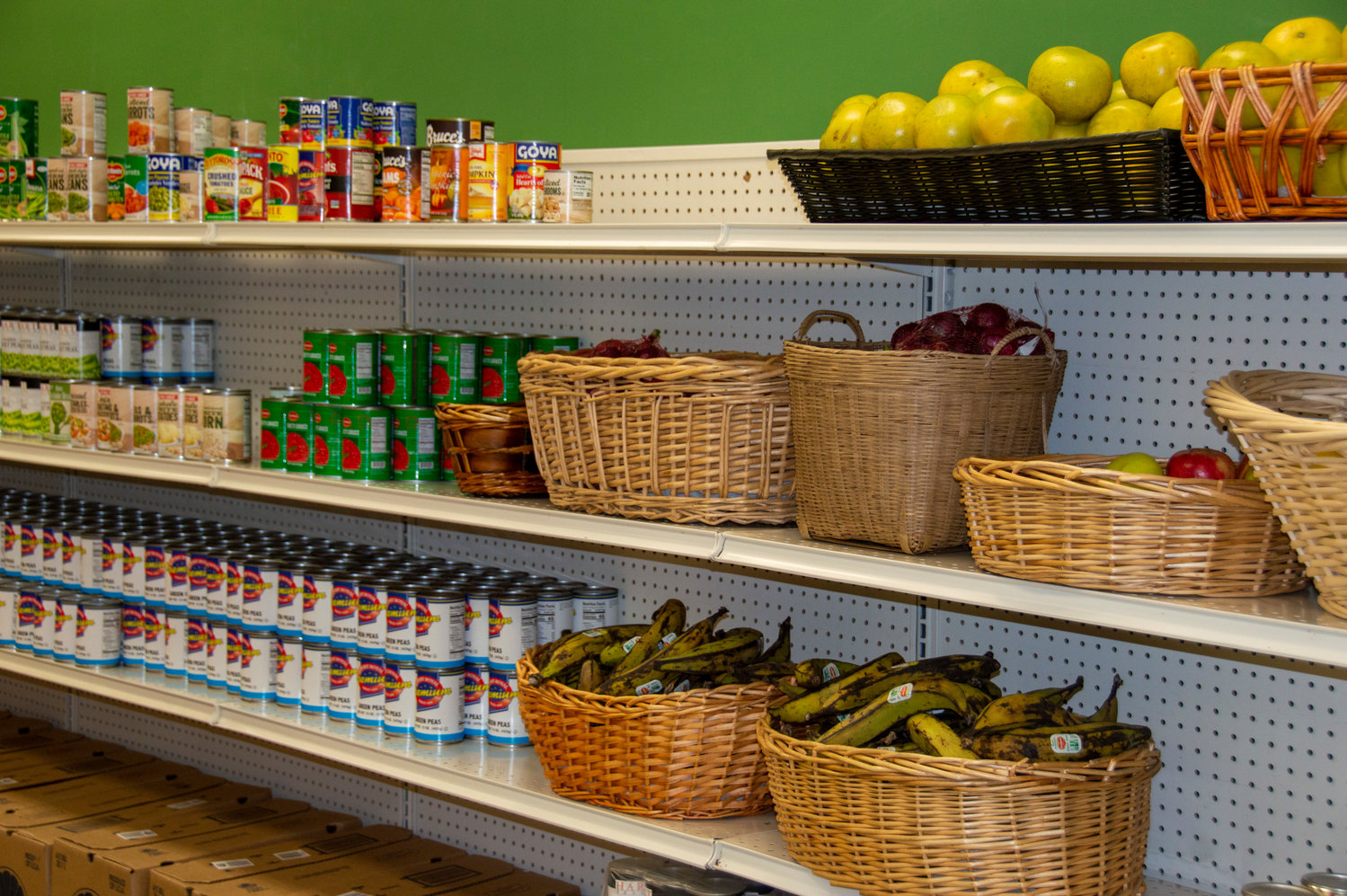Recent surge at Freeport food pantry
With no end in sight to inflation, Long Island Cares’ Freeport food pantry has had a significant surge in the number of local residents seeking assistance.
Long Island Cares saw a 90 percent increase in the number of people needing help feeding their families over the past year compared with the previous year. Freeport had the greatest increase of the agency’s five pantries.
Chief Program Officer Dr. Jessica Rosati, who oversees Freeport and the four satellite locations, said there are many reasons for the increase in the number of people using the pantry.
“We’re seeing, in the past couple of months, because of inflation and employment fluctuating and things like that — kiddos going back to school — all of the state waivers are now ending because people are returning to pre-Covid measures that are impacting Long Island families,” Rosati said, “It’s impacting their ability to sustain their food needs and (ensure) that their families have access, consistent access to nutritious foods.”
Long Island Cares has been a beacon of hope for residents trying to make ends meet since it established its first satellite facility in Freeport in July 2010. Roughly 100 families visit the facility each day, making it the busiest of the nonprofit organizations’ satellite locations.
Long Island Cares embarked on a number of new program initiatives since 2008, and it now works as a humanitarian organization as well as a food bank.
The organization was recognized on numerous occasions by the national hunger-relief organization Feeding America as a non-traditional food bank that incorporates direct service models of programming to expand both its capacity and distribution of emergency food, while focusing more on people’s needs than on tons of food distributed.
Rosati has some notions regarding what has increased the number of individuals walking through the front door of the pantry.
Long Island Cares was founded by Huntington native Harry Chapin, a Grammy Hall of Fame inductee. The award-winning artist wanted to make sure all his neighbors in need were taken care of.
“Hunger is the shame of America,” Rosati said. “Chapin established Long Island Cares in an effort to provide emergency food to people in need. But on a national level, he served as an advocate for hunger and poverty. He really was a champion for all under-served people.”
The Client Choice program is supported by Long Island Cares. With a nutritional guideline and two nutritionists, the Client Choice team works to find the food clients require and ensure that it is nutritious. The Department of Health works closely with the organization to create a Client Choice menu that specifies how much food, based on a family’s size, should be provided in each food category to last three days, or nine nutritionally sound meals.
When families visit the pantries, they’re able to pick and select the products. It’s a self-selection model to encourage families to pick and choose the products the families’ desire. It also fosters inclusion by ensuring individuals not only have access to food, but also believe they have the choice to select.
Rosati said a common misconception regarding food banks, food pantries, and soup kitchens are they only offer donated goods. This is not the case as the vast bulk of the food that the food bank distributes is purchased through funding.
“What we’re seeing post pandemic is that the cost of food is rising, which limits our ability to get the most for our money, in terms of acquiring significant amounts of food,” Rosati said. “So, our dollar is going for less if that makes sense. So, we’re only able to source a lesser amount of food. Because of inflation, we have the amount of people increasing, which means the food’s not lasting as long. So, post pandemic, although supply chain issues are starting to kind of balance out which is applied. The cost of food is impacting our ability to get the quantity needed that people need in their homes.”
According to Rosati, many people in Freeport walk and may not have dependable transportation, which is why the satellite location is logistically ideal because it faces the train station and is easily accessible by public transportation and the walking community.
“I think that Freeport is a high need area and has a high poverty rate,” Rosati said. “We’re a staple in the community. We’ve had a location in Freeport for over the past decade. So we’ve become a consistent resource for families and individuals to come and utilize us.”
Rosati encourages people to donate to the charity and to visit the Long Island Cares website if they want to learn more about the organization or become involved.
“A little goes a long way,” Rosati said. “Whether it’s someone’s time, whether it’s a financial donation or whether it’s a can of food. It’s because of the donors that we’re able to create such innovative programming which has led to success. Together we all can help.”

 49.0°,
Overcast
49.0°,
Overcast 




